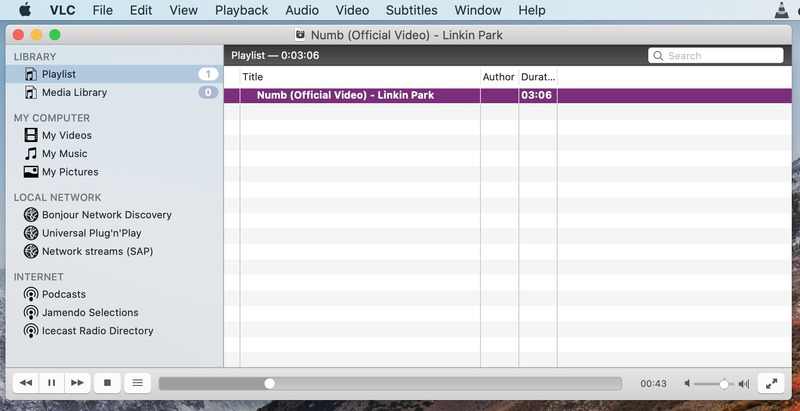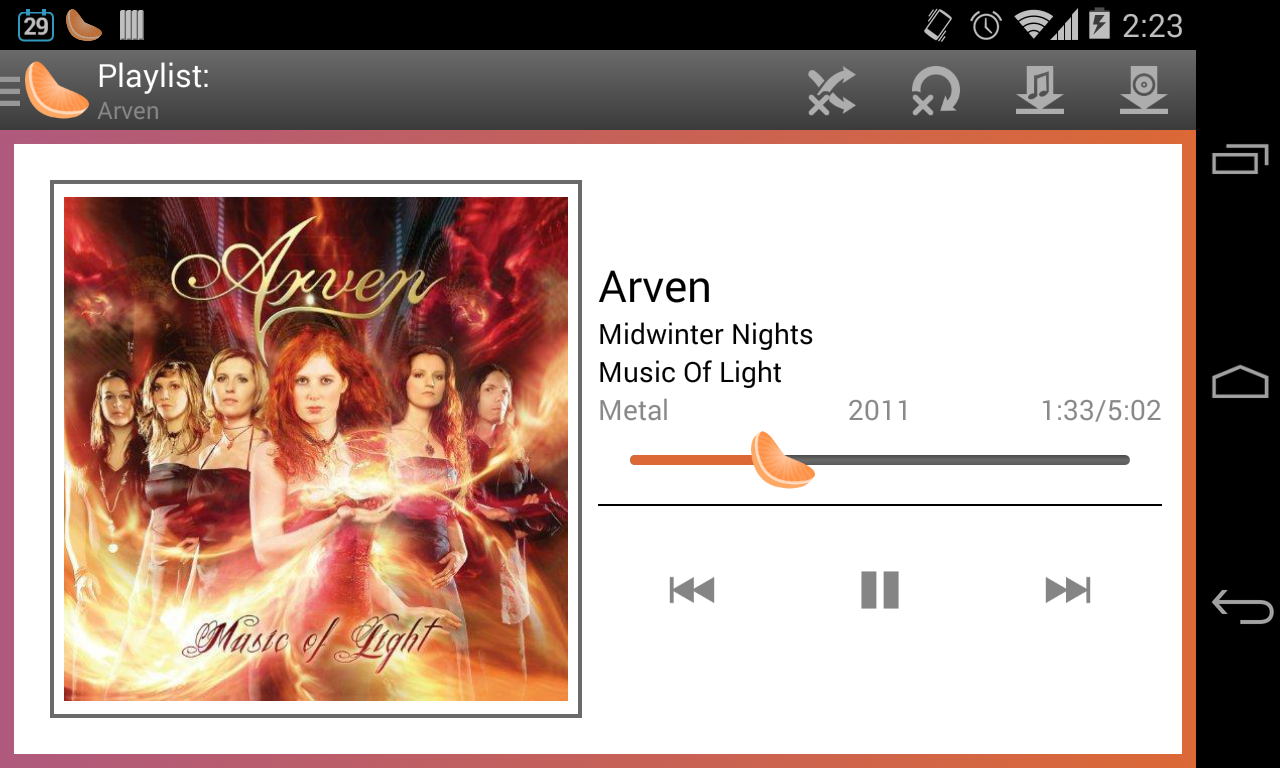
- Best desktop music player and organizer 2016 software#
- Best desktop music player and organizer 2016 Pc#
By using a lightweight music player which does not send back usage date back to the creator, your music listening habits, and privacy would be better than using a music player which tracks its users’ music player usage. Lightweight music players usually don’t have internet ads, song recommendations and don’t send usage data back to the creator. You also save some internet data/bandwidth by downloading, and using a lightweight music player because there are many lightweight music players which has an installer file which is under 1MB in size.
Best desktop music player and organizer 2016 software#
Lightweight music player software do not crash, and freeze as much when I use them on a computer since they run faster, and have no un-needed features which can cause a computer to crash or freeze.
Best desktop music player and organizer 2016 Pc#
You can also have more programs opened without worrying about your music player slowing down your PC when you use a lightweight music player which use less system resources. Lightweight music players also open a lot faster, and run faster even on older, and slower computers with less RAM, and CPU resources, so you can start listening to your music faster. Your battery life on your tablet and laptop, and power usage on a desktop computer would be longer because lightweight music players use less CPU, and RAM resources, so they use less power/electricity. When using a lightweight music player on Windows and Linux, you would have more free RAM, CPU, and storage space resources because lightweight music players use less RAM, and CPU resources compared to more resource heavy music players. A lot of lightweight music players has audio enhancement features which make your music sound better by using your soundcard’s hardware compared to using other players. Lightweight music players usually only have the basic features like playback buttons, playlist, playlist editor, and support for different audio file types like MP3, WMA and Ogg which you need to play music and audio files on your computer or tablets. But, there are now many lightweight music players which work fast even on older and slower Windows, and Linux computers, laptops, netbooks and tablets which have 256MB-1GB of RAM, a slower single core 800MHz or slower CPU, and a smaller storage drive which is 16GB or less which is still common on cheaper Windows 8 and 10 tablets and laptops.


But, some music players can use more system resources like RAM, and CPU resources because of a more advance and bloated user interface, and having Internet ads, or too many features which are not needed to play music. There are a lot of music player software for Windows, and Linux.


 0 kommentar(er)
0 kommentar(er)
